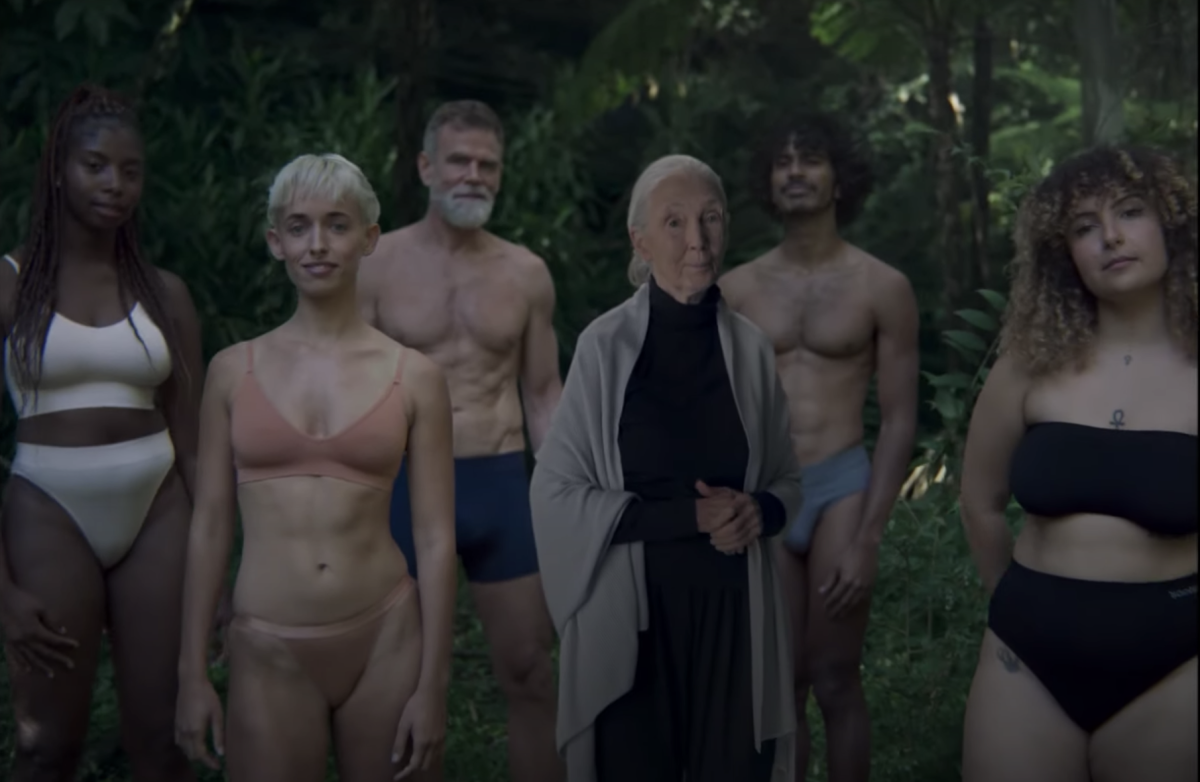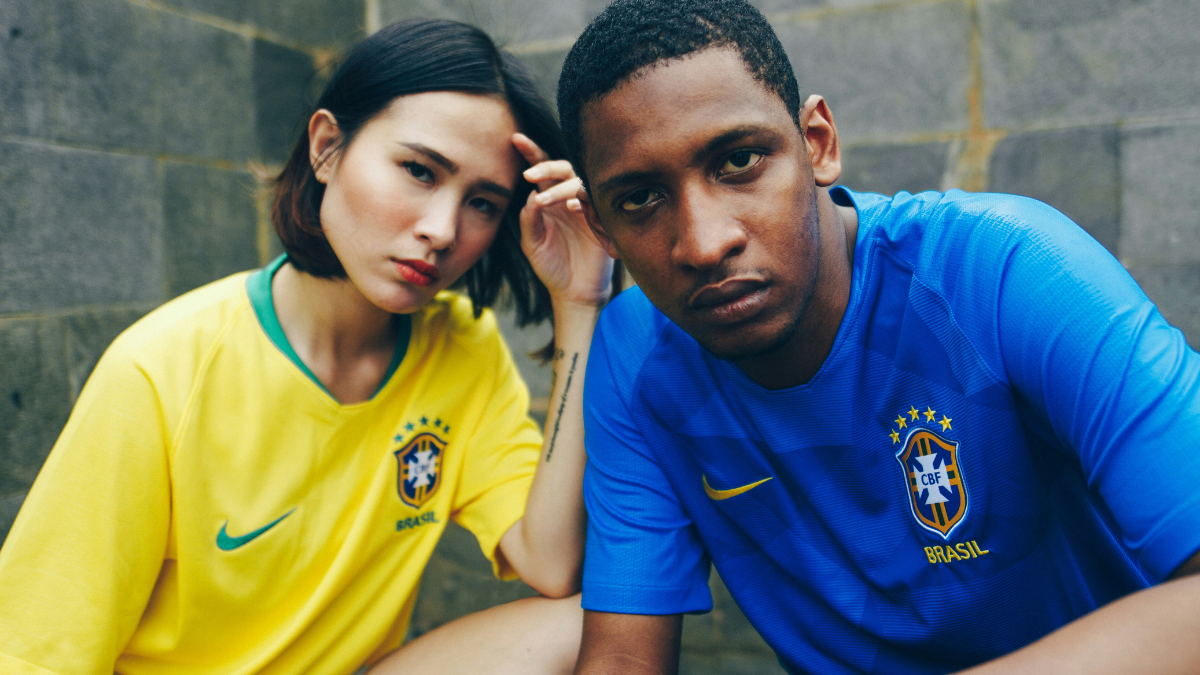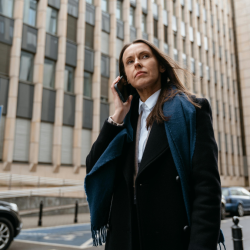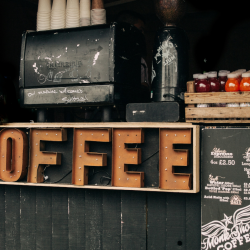They say that truth is stranger than fiction, and it seems like ‘they’ might be right. In the last few years, the world has gone proper barmy. From the roller-coaster of a Donald Trump presidency, which had writers of dramas like House of Cards saying “if we had written that, the producers would have said we can’t use it. It would never happen.”…
From the continuing head-in-the-sand attitude of many to the climate crisis, from non-believers in COVID — 5G masts, anyone? — to the horror of the war in Ukraine, it has been (to use what has become a cliched phrase) “unprecedented”.
The strangeness seems to be contagious as it moves into other ‘worlds’. Not only do we have the second Dr. Strange movie and its multiverse, have you seen Everything Everywhere All at Once? It is an absurdist comedy drama film starring Michelle Yeoh who discovers that she must connect with parallel universe versions of herself to prevent a powerful being from causing the destruction of the multiverse. It involves kung fu, googly eyes, hot dog fingers (and much, much more) and has been described as “life-giving chaos.”
And is it just me or is strangeness also spreading in the word of brand and marketing?
We recently worked with TikTok on their Dangerous Challenges initiative. TikTok is actively steering creators away from trying to use dangerous pranks and dare-devil stunts to attract attention. Whilst the majority of trends are harmless fun, a few people always go too far (there’s a clue in the word ‘harmless’). TikTok is clamping down on these irresponsible and harming cries-for-attention, and asking users to flag dangerous challenges.
And it appears that some brands might be falling into the same fault-line.
From what has now become more normal, like the chilli and spice hit soft drinks of Nix & Kix to the truly weird sounding Jitterbug drinks by Bola off the Gordon Ramsey-fronted Future Food Stars 2022 TV show — Apple Cider Vinegar Seltzer anyone? (You’ll be glad to hear that it didn’t make the final).
“Please brand responsibly”
Sure, brands want to be recognised and talked about. And every so often they may be lucky to be caught in a viral trend. It makes me want to drink Cranberry juice on a skateboard, whilst vibing to Fleetwood Mac, surely?
However, it feels like a few brands may be turning too hard into the headwind of strange.
Some questionable examples include:
Lynx Africa Marmite, for when you absolutely have to exude … stocky? If we have to ask “Is it April Fools Day?” your brand has probably stepped the wrong side of the line. And for those that want a fruitier fragrance, how about a spritz of Priceless Passion Mastercard scent?
Similarly, Australian underwear brand Boody chose Dr Jane Goodall, the world’s foremost expert on primates, to front their ad campaign, observing “What odd animals we are.” Presumably, she is talking to the creative director. Don’t get me wrong, I like the ad. But I think they might have their knickers in a twist desperately trying to stand out from the crowd.
Gucci is busy curating a garden in Roblox… because, well… err… Gucci? So, Gucci encourages us to immerse ourselves and explore in the Garden in the metaverse, rather than not actually going out in the garden. Sure, not everyone has a garden — I don’t — but I’m not spending time in a virtual garden, because a brand thinks I should. Gucci announced that this was inspired by their virtual Gucci Garden Archetypes, an immersive experience in Florence. (Question: If it’s immersive, is it in Florence?).
The Emperor’s new values
And how about brands selling their goods virtually? The fashion brands have filled their virtual boots with this one — from Nike to Zara, and Adidas to Burberry, fashion is queueing for the virtual changing rooms.
At least Heineken had the guts to admit it was joking (even though many people bought its new virtual beer Heineken Silver, which I thought was OK but lacked a little in taste). “Our new virtual beer, Heineken Silver, is an ironic joke. It is a self-aware idea that pokes fun at us and many other brands that are jumping into the metaverse with products that are best enjoyed in the real world,” said Heineken’s global head Bram Westenbrink stated in their press announcement. Although, and it’s no joke, it is now actually available in the real world. So who’s laughing now?
Unlike Stella Artois, which celebrated its ‘love of horse racing’ by creating some virtual horse racing and then selling the horse skins as NFTs. You literally couldn’t make this stuff up.
But our big question is: Does this harm the brands?
Well, yes, I think it does. It appears to be degrading the brand to a dad-dancing-at-the-disco approach to being noticed. Selling infamy for credibility and trust. Even as brands evolve into the web 3.0 space, they should carry real-world, honest credibility and values with them. (Just ask anyone who invested in NFTs).
I guess we all need brave pioneers, and maybe I am growing cynical, but one person’s pioneer often feels like one other person’s lost-in-the-wilds. Straying too far from the track can do you (and your brand) real harm. Brave is only one step away from Foolhardy… and “I don’t get it” is not the same as “Hey, that’s pretty amazing”.
Featured image: Boody


























